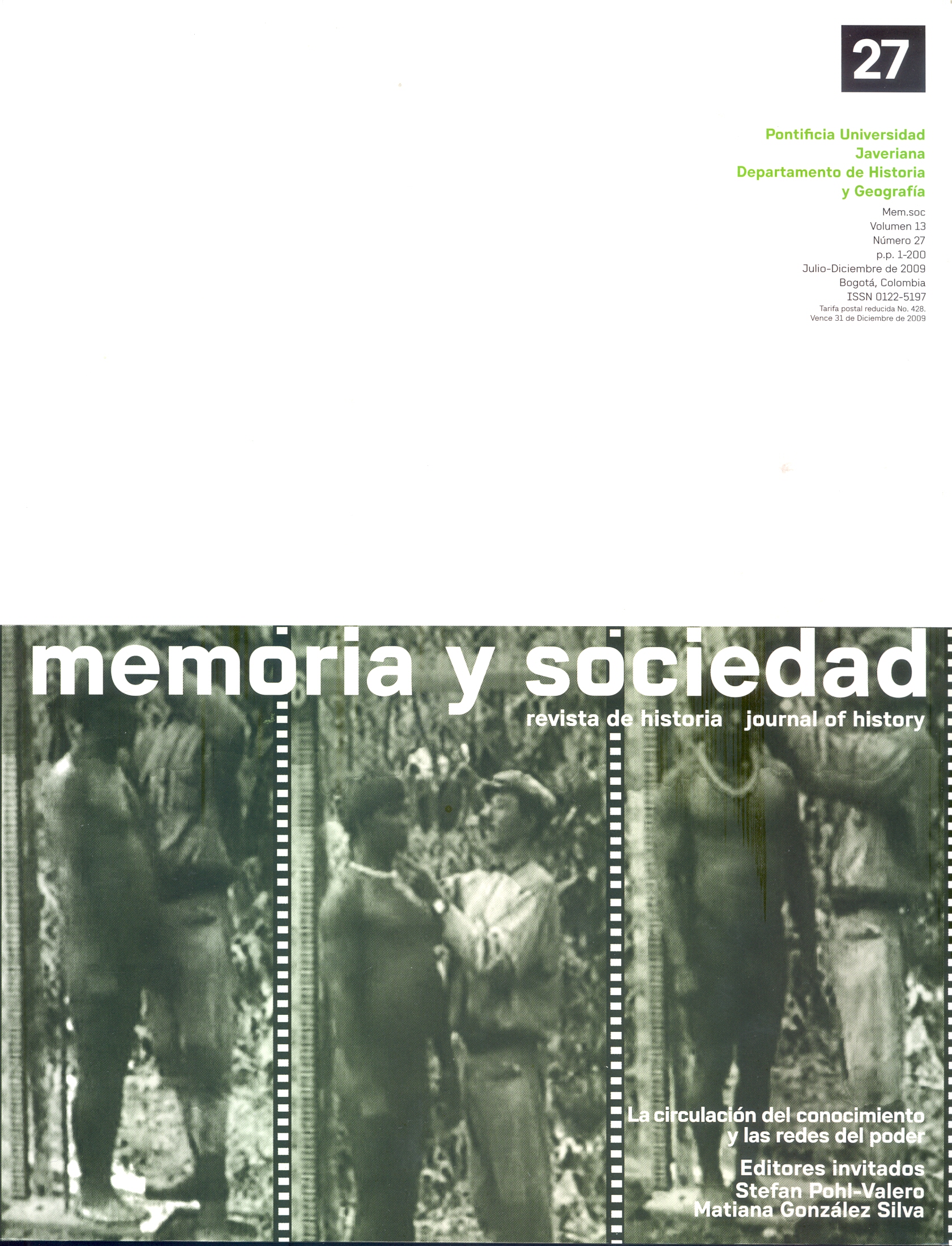Abstract
This article discusses –through a comparative analysis of the reception and circulation of psychoanalytic thought in Argentina and Brazil–, the conditions for the transformation of a system of ideas into a system of beliefs. Particular emphasis is placed in the manner in which what Norbert Elias has characterized as “national hábitus” generates conditions for the reception and circulation of systems of thought. The analysis focuses on the reception and circulation of psychoanalytic ideas as they took place outside of, and independently from, the establishment of “psychoanalytic orthodoxies”. Therefore, the article does not discuss the development of psychoanalytic institutions.Although the reception of psychoanalysis (or of any other system of ideas) is a multidimensional phenomenon, the article concentrates on three spaces of reception: medical circles, cultural avant garde and the social sciences. The article shows that interpretive grids of the social reality established in the 19th century, as well as intellectual and academic traditions, generated the conditions for specific lines of reception and forms appropriation of the Freudian system, thus questioning normative interpretations of the diffusion of systems of thought.
The journal Memoria y Sociedad is registered under a Creative Commons Attribution 4.0 International Public License. Thus, this work may be reproduced, distributed, and publicly shared in digital format, as long as the names of the authors and Pontificia Universidad Javeriana are acknowledged. Others are allowed to quote, adapt, transform, auto-archive, republish, and create based on this material, for any purpose (even commercial ones), provided the authorship is duly acknowledged, a link to the original work is provided, and it is specified if changes have been made. Pontificia Universidad Javeriana does not hold the rights of published works and the authors are solely responsible for the contents of their works; they keep the moral, intellectual, privacy, and publicity rights.
Approving the intervention of the work (review, copy-editing, translation, layout) and the following outreach, are granted through an use license and not through an assignment of rights. This means the journal and Pontificia Universidad Javeriana cannot be held responsible for any ethical malpractice by the authors. As a consequence of the protection granted by the use license, the journal is not required to publish recantations or modify information already published, unless the errata stems from the editorial management process. Publishing contents in this journal does not generate royalties for contributors.

